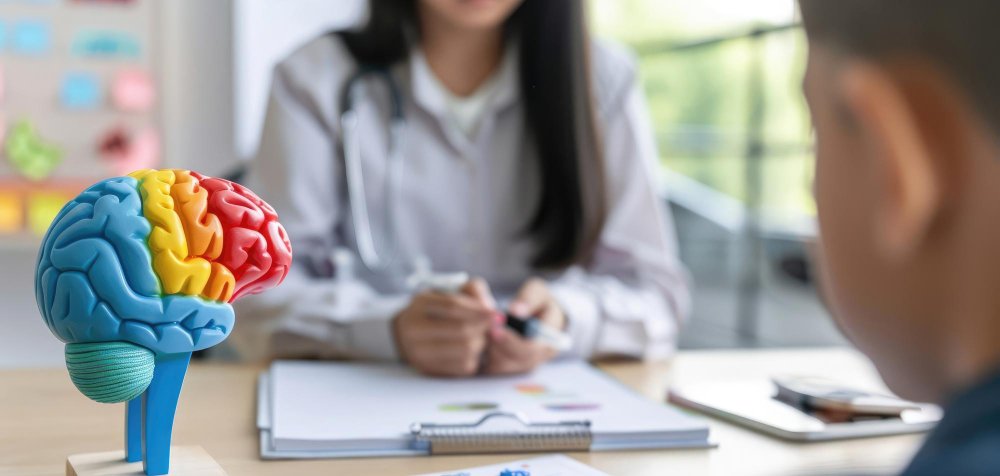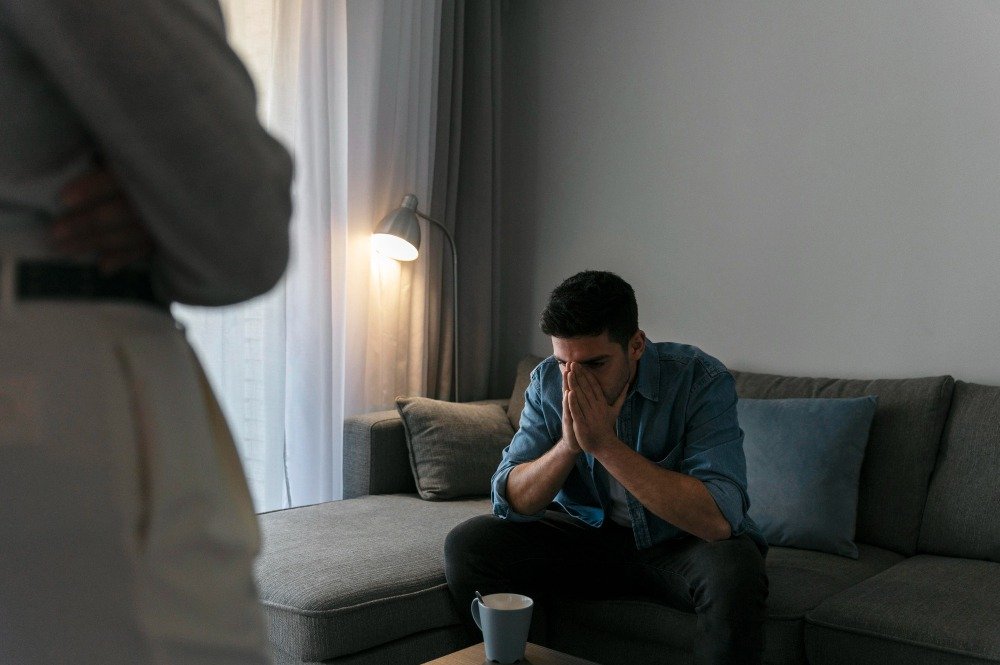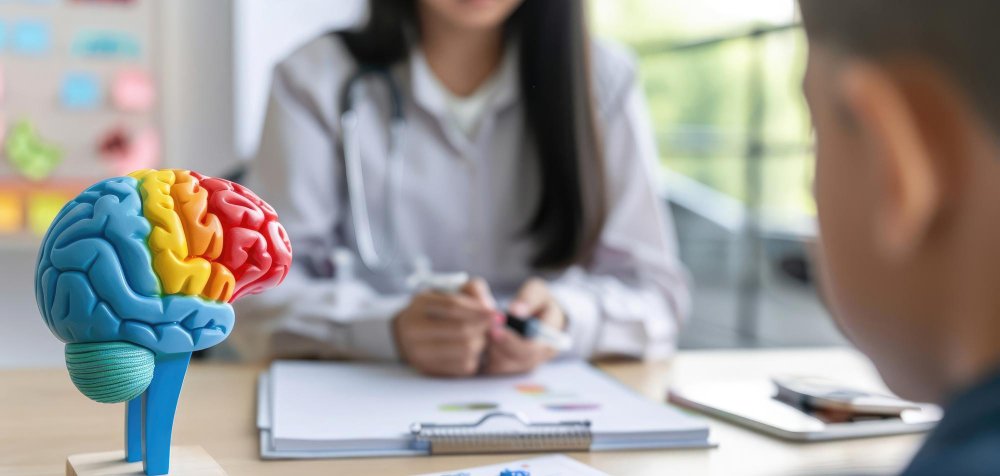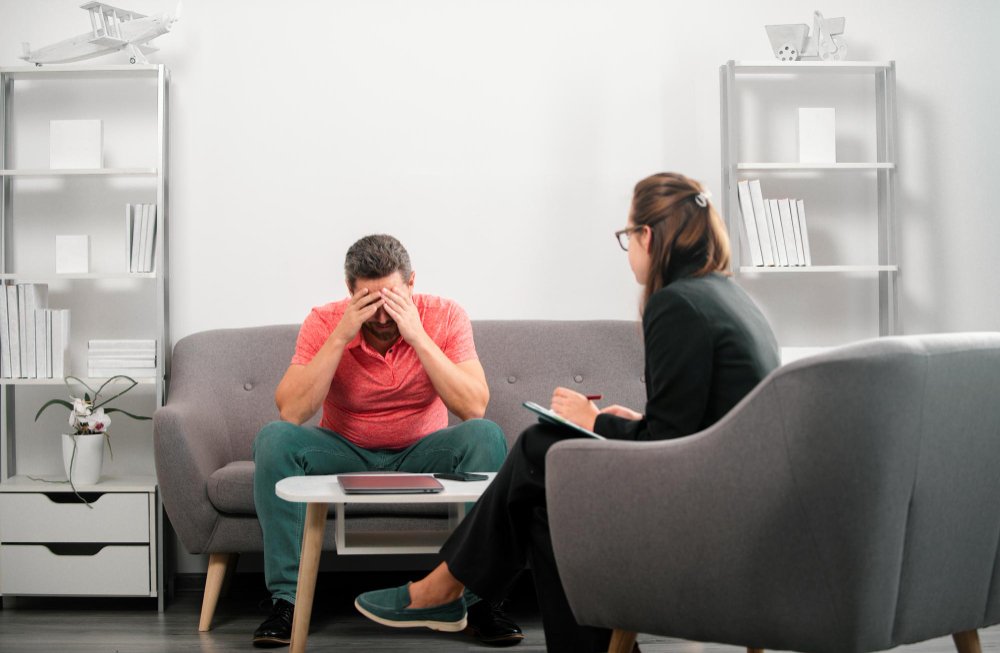
CBT for Anticipatory Anxiety: Breaking the ‘What If’ Cycle Before It Starts
Key points What is anticipatory anxiety? Anticipatory anxiety is the excessive fear, worry, or dread about a future event that often takes the form of…

Key points What is anticipatory anxiety? Anticipatory anxiety is the excessive fear, worry, or dread about a future event that often takes the form of…

Key points How exposure targets anxiety differently Exposure therapy reduces anxiety by having people systematically approach feared cues (situations, thoughts, or memories) so the fear…

Key points: Introduction Many people delay or avoid therapy because of myths about who benefits, what therapy looks like, or fears about stigma and privacy.…

Key points: The invisible nature of hidden depression Most people think of depression as consistently low mood, crying, or isolation – but that only captures…

Key points Understanding avoidance, procrastination, and guilt Often times, people believe the task they need to do will be dreadful. This is part of what…

Key points: The Fallacy of “Crisis Only” Therapy Many people assume therapy is only for acute crises suicidal thoughts, panic attacks, severe breakdowns, or when…

Key Points The entrepreneurial journey is often romanticized portrayed as a relentless pursuit of innovation and success, fueled by an unwavering “hustle” mentality. Beneath this…

The entrepreneurial journey, while exhilarating, is often fraught with immense pressure and inherent uncertainty. From the initial spark of an idea to securing funding and…

In today’s fast-paced world, young adults often grapple with stress, anxiety, and uncertainty. Amid these challenges, positive psychology therapy in California and Connecticut has emerged…

In today’s fast-paced world, many individuals seek support to navigate life’s challenges. A general therapist plays a pivotal role in this journey, offering talk therapy…